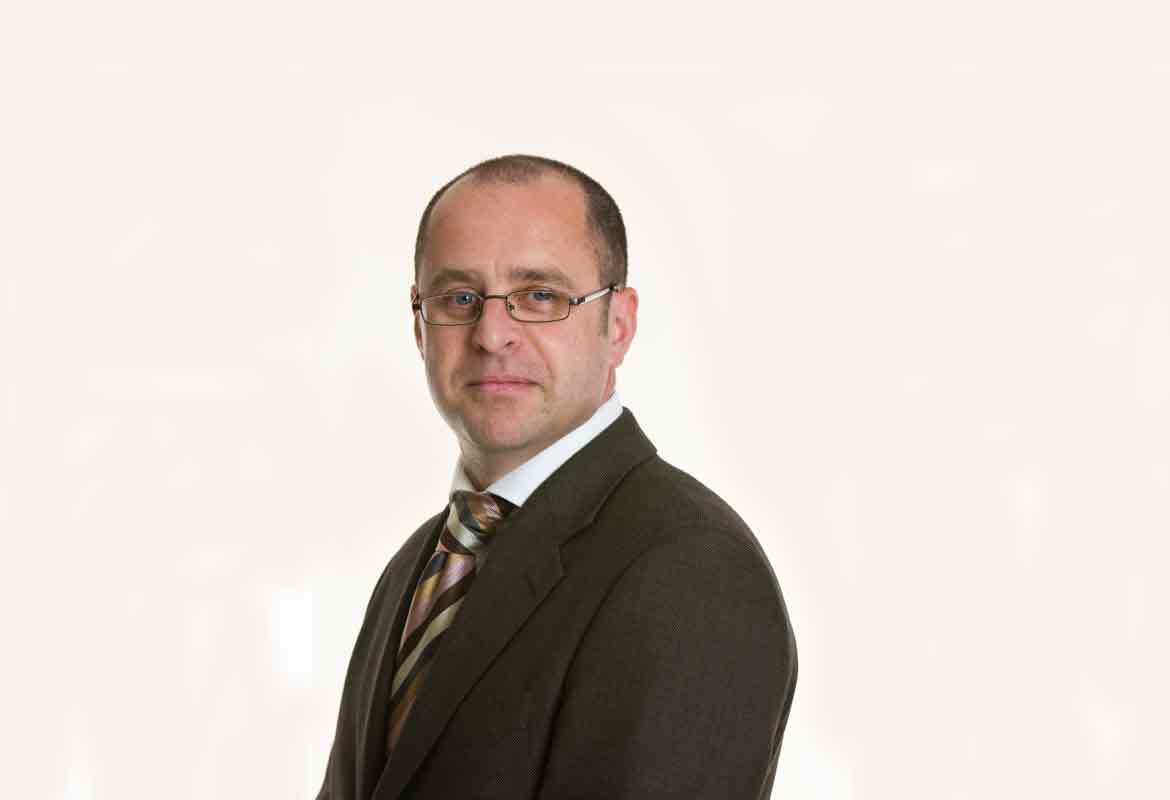
What is the 'French model' and what does it mean for UK pharmacies?
The government wants a bigger focus on preventative care to improve the health of the nation, but what are the implications for pharmacy businesses?
The Health Secretary, Matt Hancock, has proposed a radical new vision for healthcare, with a focus on prevention, rather than cure, and with pharmacies playing a much bigger role in primary care. He has spoken of his plan for the UK to adopt the ‘French model’ of community pharmacy, where pharmacists provide a greater range of preventative services. Here, Richard Hough, partner at commercial law firm Brabners LLP and a qualified pharmacist, shares his thoughts on the change.
I believe that most pharmacists would value the opportunity to provide more preventative health services to their patients, as this would allow them to put their broad range of clinical skills into practice.
At the moment, it’s a frustration for many pharmacists that the NHS remuneration system is set up so that generally the more prescriptions a pharmacy dispenses, the more money it makes, which can make the role of a community pharmacist very process-driven and repetitive.
I believe that most pharmacists would find their role far more professionally rewarding if they had the time and were financially rewarded for sitting down with their patients and taking a more European approach to patient care.
But, while pharmacists certainly have the skills to provide the French model of pharmacy care, many just don’t have the time to fully embrace the concept.
Investment and automation
Pharmacists of course do already sit down with their patients when they undertake medicines use reviews and new medicines services, for which they are remunerated.
But these are often seen as ancillary services as they are often undertaken under considerable time pressure and have to be squeezed around core prescription dispensing and checking duties.
Pharmacy business owners often spend large amounts of money on securing the rights to provide NHS pharmaceutical services to the public, and the Health Secretary will therefore have to convince them that any new French-inspired system, however laudable, will give them the same or better return on their investment.
Automated dispensing could of course take some of the pressure off pharmacists, particularly those who work in high volume dispensing pharmacies.
They’re the ones which can most afford to invest in automation, which hasn’t yet been adopted as widely as it could have been.
But that’s an investment that’s going to have to be recouped, and pharmacy business owners are only going to invest in automation if it stacks up from a business perspective.
Redressing the balance
Currently, the UK is spending £97 billion of public money on treating disease and only £8 billion on preventing it.
If the government said it would redress that balance by cutting the amount that it spends on treatment and ramping up the amount it spends on prevention, then pharmacies could invest in providing more preventative services, assuming that the government earmarks some of that increased spend for community pharmacy delivered services.
And there are some innovative new initiatives currently being trialled from which they can take inspiration.
For example, at the moment, most people only go to the doctor when there is something wrong with them. They get a six-minute consultation with their GP, who writes a prescription, which is taken to the pharmacy where the medicine is dispensed.
However, new pilot models are being trialled where patients with similar medical histories are able to access collective group treatments.
For example, 10 obese patients could attend weekly weight loss sessions to talk about the issues they have with a healthcare professional.
The healthcare professional could then spend an hour of their time with these patients rather than six minutes, which would be far more beneficial to the patients and the public purse.
If those 10 people lose weight then they’re far less likely to get type 2 diabetes, which requires medicine to manage the condition, or in the worst cases hospitalisation with obesity-related illnesses.
There’s no reason why pharmacists, with their skill set, couldn’t do something similar.
A fundamental rethink
One of pharmacy’s biggest strengths is its accessibility. A patient can walk into a pharmacy any time it’s open and will get to see a highly-trained and skilled pharmacist without having to make an appointment and without cost.
GPs, who are also highly trained and skilled, don’t offer the same level of accessibility to patients.
If people can’t see their doctor, the cost of their treatment to the NHS escalates because they will often - out of desperation – seek access to medical care through inappropriate sources, such as attending hospital A&E.
So, it’s a logical intent to shift the focus from treatment to prevention, and it makes financial sense for the government (and tax payer) too.
But it will take a major re-think of the way pharmacy businesses are financially rewarded and, at the moment, I don’t think there’s a consensus among the bodies that represent pharmacies that change will be good for them or their members.
Tipping point
Pharmacy hasn’t always been the most proactive adopter of new technology.
Shortly after I started in the pharmacy profession 30 years ago, people were talking back then about sending prescriptions from GP surgeries to pharmacies electronically.
But it’s only in in the last few years that the Electronic Prescription Service has really taken hold on a large scale, with electronic prescriptions now forming the vast majority of a community pharmacy’s dispensing business.
However, if the proposed shift in Government policy provides the financial certainty that pharmacists need to invest in systems that can free up their time to offer a wider range of preventative services and consultations, then it could be a tipping point for the sector.
Find out more about the Brother technology that’s providing solutions for pharmacists.




